![]()
» Moscow’s Intentions in Ankara’s Trilateral Meeting
The editorial of Jahan Sanat speculates on Russia’s goal in Ankara’s meeting, in which presidents of Turkey, Russia, and Iran would get together to discuss the Syrian crisis.
According to the editorial, Russia is one of the main supporters of Bashar Assad in Syrian political system, and this country has made a lot of military helps in the air front to Syrian Army to keep Bashar Assad in power in Syria. Russia has always been present in any negotiations about Syrian crisis so far, just as Russian president Vladimir Putin would be present in Ankara’s trilateral meeting regarding the Syrian crisis. Even though this meeting is in continuation of Astana and Sochi talks to find a political solution for the Syrian crisis, it is unrealistic to think that Russia’s participation in this meeting is only for finding a solution to Syrian crisis. The editorial continues: Russia’s main goal in Ankara’s meeting is to gain Turkey and Iran’s support for preserving its strategic achievements in Syria. Russia’s achievements in Syrian crisis can create a golden opportunity for Kremlin’s officials to revive its strategic conflict with the west, thus regaining its old position in the world. Military actions in Syria means challenging the Middle East policies of the U.S. and Europe. Russia’s military actions in Syria convey this message to the U.S. and Europe: they have to accept Russia as a superpower and respect its international position and global interests. The editorial concludes: the most important goal of Russia in Ankara is having Tehran and Ankara’s supports in confronting the west, following Russia’s diplomatic crisis with the west over the death of a former double agent, Sergei Skripal. This meeting would help Russia not to be alone in confronting the west.
An Editorial in “Jahan Sanat” on April 4, 2018
» The downfall of Iran’s domestic products
This editorial addresses the reasons why products made in Iran have lost their value.
The editorialist believes that Iran’s domestic products can enjoy support once they can compete with those of the global market. Iran used to have a myriad of sectors that could grow and be in the same league as those of foreign countries, but they were not supported.
The editorialist then points to the economic success of Iran before the 1979 revolution, mentioning products which this country exported to countries such as the former Soviet Union as well as the Southern Gulf States. Yet Iran closed the door to the world after the revolution and made domestic production obligatory, continues the editorial. Consequently, when this country resumed its relations with the world, it found itself lagging behind. Iranian made products lost their position in the world as the country’s prominent factories such as Arj and Azmayesh were a close one after another as a result of nationalization of businesses after the revolution. To sum up, the editorial says that currently there are between $12 to $15 billions of smuggled goods in Iran, adding it is necessary to find out who or which institution is behind importing them to the country.
An Editorial in “Setareh sobh” on April 4, 2018
» Challenge of Filtering Telegram for Fundamentalists
The editorial of Arman Emrouz probes the issue of filtering Telegram messenger, and why the Iranian conservatives think that by filtering it, they will be more successful in the domain of Iranian politics.
According to the editorial, the head of National Security Commission in the Parliament, Alaeddin Boroujerdi, talked about “saying goodbye to Telegram” by the end of this month. Boroujerdi has proposed security reason for the decision to filter the Telegram – a reason that faced reactions of many politicians and media including the MPs and telecommunication minister. The editorial continues: it seems that filtering Telegram has become a serious issue in the society; everyone is talking about it. Some people in different media, cyberspace, and Telegram itself has dragged in Iranian President Hassan Rouhani, expecting him to interfere in this issue. Meanwhile, some say that this issue is out of the government’s agenda, and Rouhani’s government is not in charge of it any longer. Even if we can hypothetically say that Rouhani is against filtering Telegram, everybody knows that the president has no capacity to resist this decision and stop filtering the Telegram. Neither he, nor the Parliament, nor Expediency Council, nor any other entities can stop filtering the Telegram. The editorial adds: the most fundamental issue is whether filtering the Telegram can have any influence on other domains. Is it possible to permanently do so? Apart from its being possible or not, people can still use Telegram through using VPN, just as they did in recent widespread unrests. The editorialist then sees the defeat of the fundamentalists in 2015 parliamentarian election because of Telegram. It wasn’t the reformists who defeated the fundamentalists; it was the new atmosphere in the media and Telegram that was the main cause of their defeat. It can be suggested that during past two years, fundamentalists gradually reached the conclusion that their defeat in presidential election and city council election was due to Telegram messenger – a tool that defeated them in past elections and its domino effect shows that it will defeat them in upcoming elections. The editorial concludes: as always, the fundamentalists are used to erasing the problem instead of solving it, without thinking of the consequences. That is why they think that by filtering the Telegram messenger, they can solve the issue. But this doesn’t seem to be probable as millions of people are using the internet, while Telegram messenger itself has 40 to 50 million people members in Iran.
An Editorial in “Arman Emrouz” on April 3, 2018
» Trilateral Meeting in Ankara, Turkey’s Objectives
The editorial of Jahan Sanat focuses on the trilateral meeting of leaders of Turkey, Russia, and Iran in Ankara, Turkey, with regard to the Syrian crisis, while highlighting what Turkey’s objectives are in this meeting.
The editorial asserts that in this meeting which is said to be within the framework of Astana and Sochi negotiations, presidents of Turkey, Russia, and Iran would be holding talks and negotiations about a political solution to the Syrian crisis and also their own cooperation in post-ISIS Syria. Nonetheless, even though intentions and objectives of these three countries towards the Syrian crisis appear to be close and aligned, it seems that Turkey is after more important objectives. The editorial goes on to say that Ankara’s authorities follow these objectives because of their victory in Afrin battle. As a matter of fact, Ankara’s meeting will prepare the conditions for Ankara’s authorities in another battle against the Kurds in another front. Evidence and facts indicate that the next objective of Ankara’s authorities is the city of Manbij, which was liberated by Kurds and with the cooperation of American forces, and currently American forces are still there. The editorial adds: there is no doubt that the most important objective of Manbij war is to help Turkish president Erdogan in the upcoming presidential and parliamentarian elections which will be held in 2019. Erdogan knows very well that if he cannot manage the public opinion to his own and his allies’ advantage, Justice and Development Party will be heavily defeated. That is why Erdogan is trying to excite nationalist emotions to weaken the position of Kurdish parties and other opposition parties. The editorial concludes: satisfying Ankara’s authorities towards Syria is a part of challenges and concerns of Tehran and Moscow. Under the present conditions, there doesn’t seem to be any changes in positions of Ankara’s authorities against Bashar Assad, which means that Tehran-Moscow position about Bashar Assad has not been approved by Ankara, and if so, it will be temporary and fragile.
Editorial in “Jahan Sanat” on April 3, 2018

♦ Protests in Ahwaz turns violent
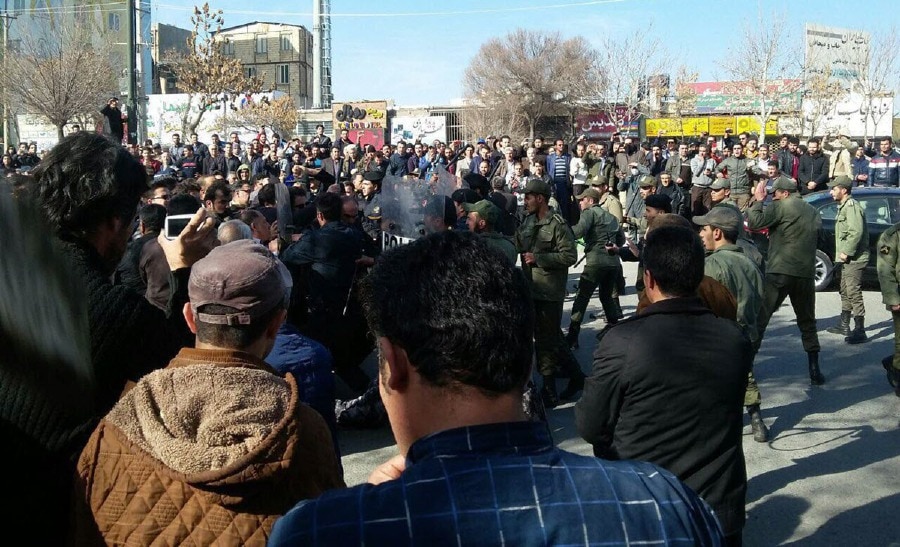
Published images from protests in Ahwaz indicate that these protests have turned violent. The images show protesters attacking a vehicle, and someone falling on the ground. Human rights activists quote protesters saying one of the security forces was killed due to protesters’ attack.
A number of Iranian Arab activists said while two security forces were filming the demonstrations, they were attacked by the protesters – one was killed, and the other escaped.
Recent protests of Arabs in Ahwaz are because of broadcasting a program on Iranian state-run TV, which contained offensive materials against Arabs.
Iran International
♦ Iranian Arab activists object to BBC Persian
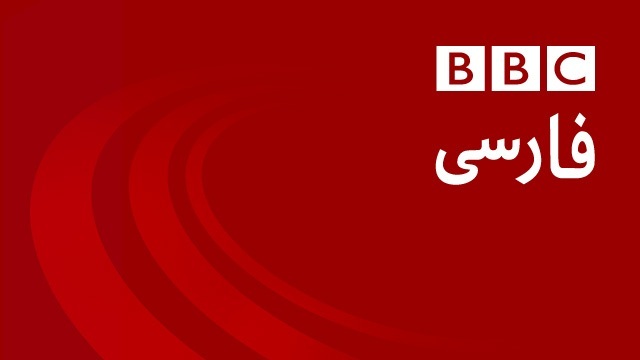
A number of Iranian Arab Activists gathered in front of the office of BBC Persian in London to object to “lack of coverage for Khuzestan protests.” Hafez Fazeli, one of the organizers of the gathering, said, “we had to react to and protest against this injustice, given lack of coverage for news from Ahvaz in recent days, repeated censorships by this network whose expenses are paid by Britain’s taxpayers, and partial coverage of the new to the advantage of Iranian government.” In footages published by Iranian Arab activists on Facebook pages and Twitter, the protesters chanted slogans against BBC, calling BBC Persian “racist”.
Iran International
♦ Unveiling nuclear achievements of Iran
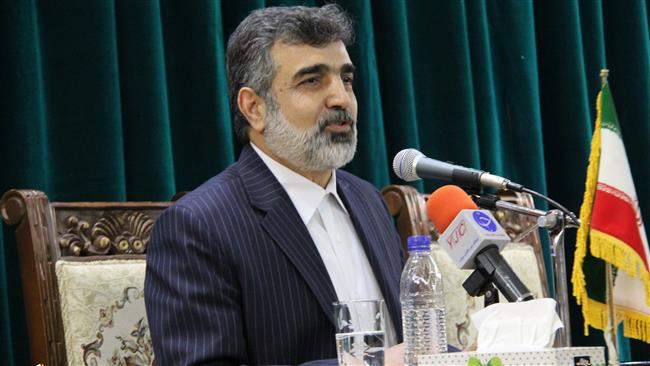
Spokesperson of Atomic Energy Organization of Iran, Behrooz Kamalvandi, announced that several important nuclear achievements will be unveiled on April 9 with the presence of Iranian President Hassan Rouhani. Kamalvandi said technology for radiopharmaceuticals and stable isotopes will be inaugurated on National Day of Nuclear Technology. He added that Iran has had considerable progress in radiopharmaceuticals, saying that and in addition to providing medicines for one million patients inside Iran, radiopharmaceuticals are exported as well.
Pars today
♦ Ahmadinejad: Those treated unfairly by judiciary system send legal cases
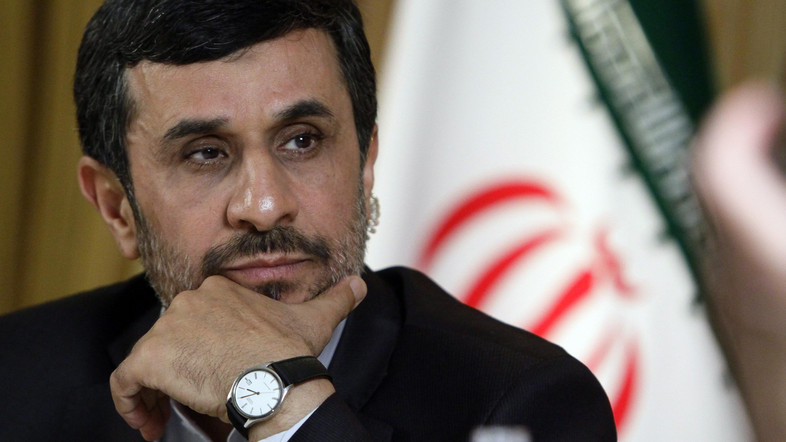
The office of former president Mahmoud Ahmadinejad has asked those people who have been treated unfairly by the judiciary system to send documents regarding their cases. They are asked to send images of their legal cases to this office’s email address and Telegram account.
Following a legal investigation of cases of Hamid Baghaee and Esfandiar Rahim Mashaee, senior managers in Mahmoud Ahmadinejad’s government, the former president has been vocal in his criticism of the judiciary system.
Dolat Bahar
♦ A lawmaker on holding a referendum on JCPOA

Recently Iranian President Hassan Rouhani proposed holding a referendum on disputed issues. MP Massoud Pezeshkian, in response to the question, if there are any issues in the country requiring a referendum, said: “holding a referendum is the law, we should not create any sideline stories; if there are any issues, a referendum must be held.” Pezeshkian added that it is not clear what the president had in mind by “holding a referendum”. As for the necessity of holding a referendum on the nuclear deal (JCPOA) back then, he said it wasn’t necessary as it was a complicated issue which needed scientific studies.
Parliament news agency
♦ The nuclear deal to disrupt with U.S. withdrawing from JCPOA
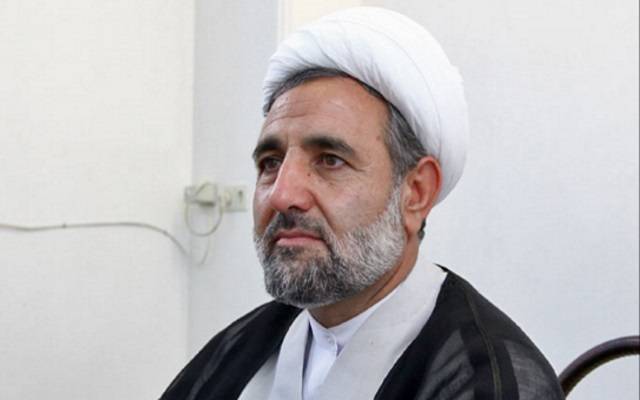
Mojtaba Zolnour, the member of National Security Commission in the Parliament, said JCPOA is neither a threat against America nor to the advantage of Iran; however, Iran will disrupt it if the U.S. unilaterally pulls out of it. Zolnour urged that within case the U.S. unilaterally pulls out of the JCPOA, everybody must know that “Iranian people, Parliament, and diplomats will not allow staying in the JCPOA, as it is not compatible with our national interests.”
Vatan Emrooz
♦ Zarif goes to Turkey, Azerbaijan, Nakhichevan to follow up developments in Syria
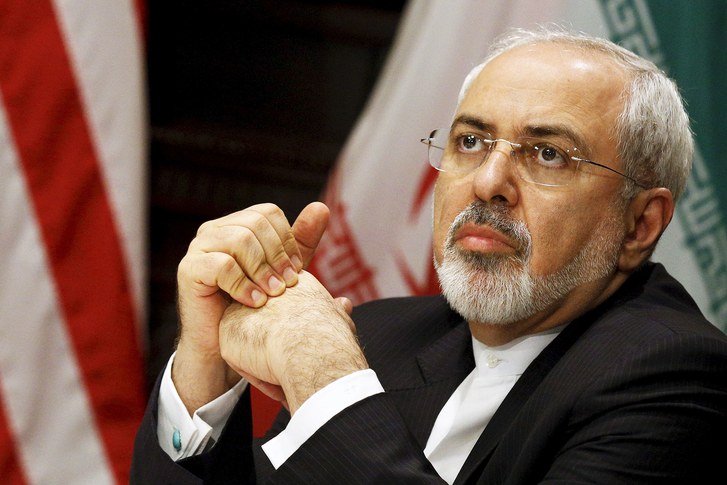
Spokesperson of Foreign Ministry Bahram Ghassemi said FM Mohammad Javad Zarif would go to Ankara, Turkey to follow up developments in Syria and to accompany Iranian president in the summit of leaders of Iran, Syria, and Turkey.
Ghassemi added Zarif would later go Baku, Azerbaijan to take part in a meeting of foreign ministers of Non-aligned Governments. Iranian foreign minister is to go to Nakhichevan to discuss regional issues with its officials.
ISNA
♦ Ansari: Filtering Telegram is useless
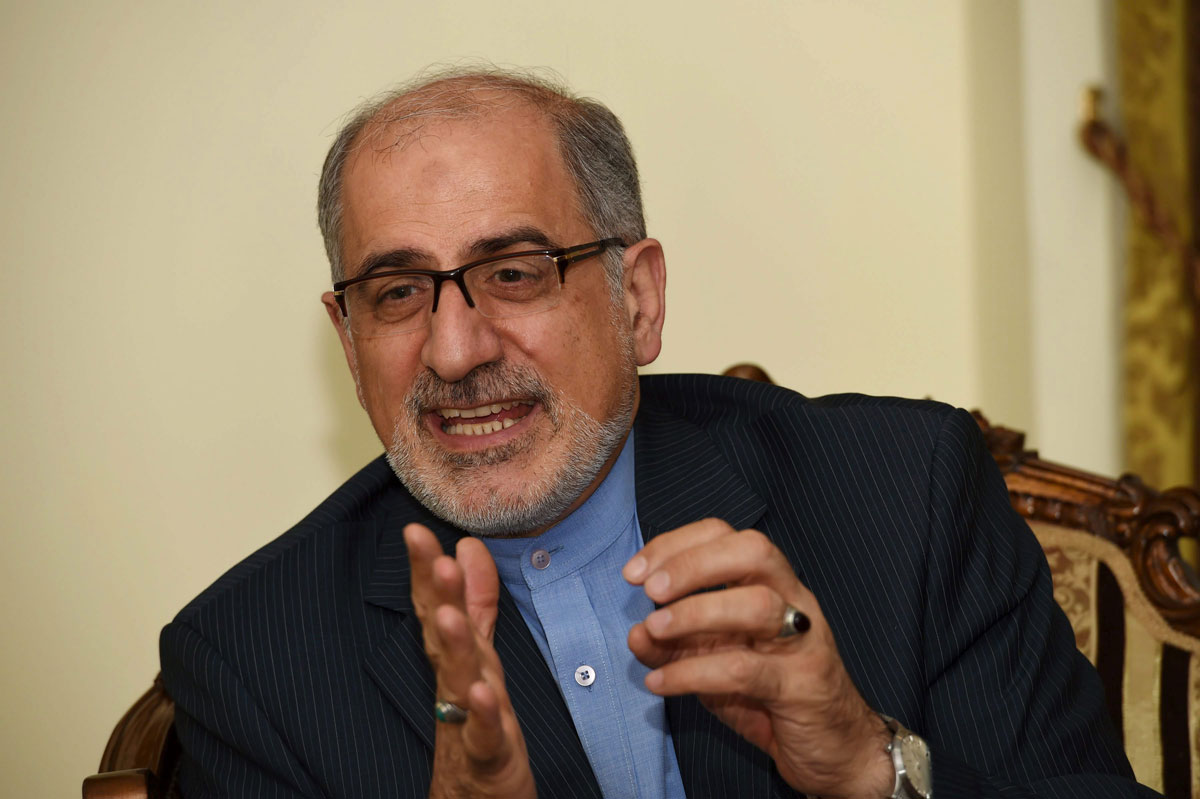
Member of the central council of Union of Islamic Iran People Party, Golamreza Ansari, said about filtering Telegram messenger that “it is impossible to fight technology and innovation by force. It should also be mentioned that those who impose filtering on us with heavy costs would also give VPN to people.”
In response to the claim that filtering Telegram is to the benefit of national security, Ansari said that national security is created by the free flow of information and allowing fair criticism in all political and cultural fields. He added, “we must allow free flow of information in the society. Many problems in third world countries are due to the closed atmosphere of the media and the free flow of information.”
Nameh news
♦ Hashemi: Ahmadinejad should repent
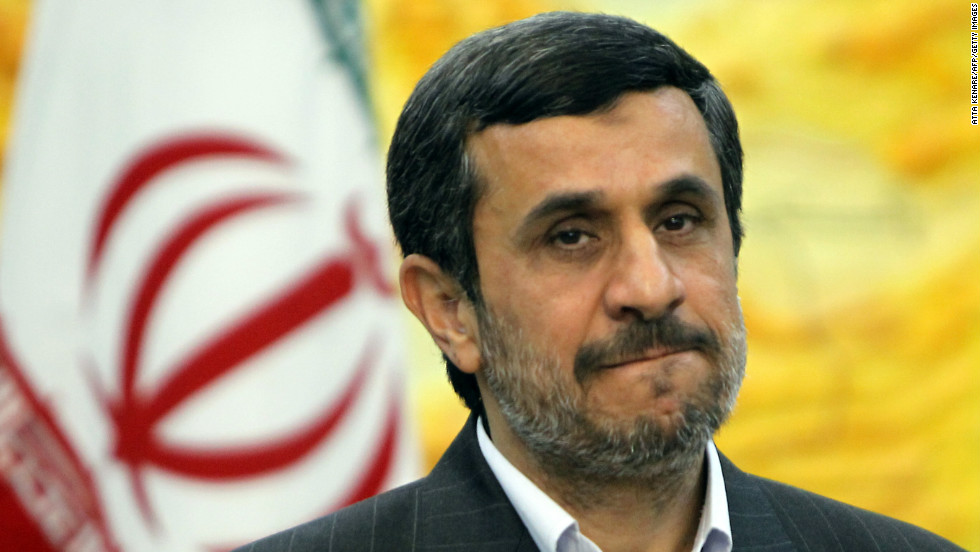
Administrator of interior minister in Ahmadinejad’s government, Mehdi Hashemi, pointed out to the former president’s measures and objections, saying if Ahmadinejad continues this path, he will be one of the downfalls of the revolution. He added, “if he repents and comes back to the establishment and the revolution, Iranian people will provide the grounds to compensate for the problems he has created.”
Hashemi continued in many cases, lawmakers, ministers, and managers of the executive branch were discarded by the revolution, saying if Ahmadinejad doesn’t decide to come back to the revolution, he will be another one of these people.
Rouydad
♦ Discovery of explosives in Sistan and Baluchistan
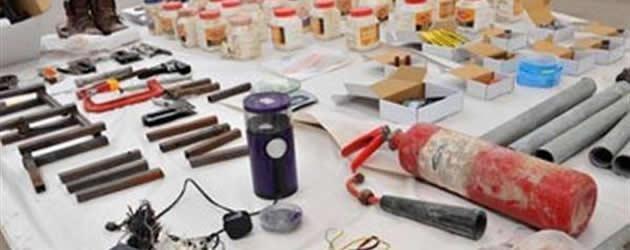
Border guards in Sistan Baluchistan announced the failure of “enemies of Iran” in transferring explosive in the southern border of this province. Major Mohammad Molashahi said these people intended to bring some explosive into the country by hiding it in a car, but with measures of border guards, they didn’t succeed.
Arman Emrouz
♦ 10 dead in a heavy fire in a coffee house in Ahvaz
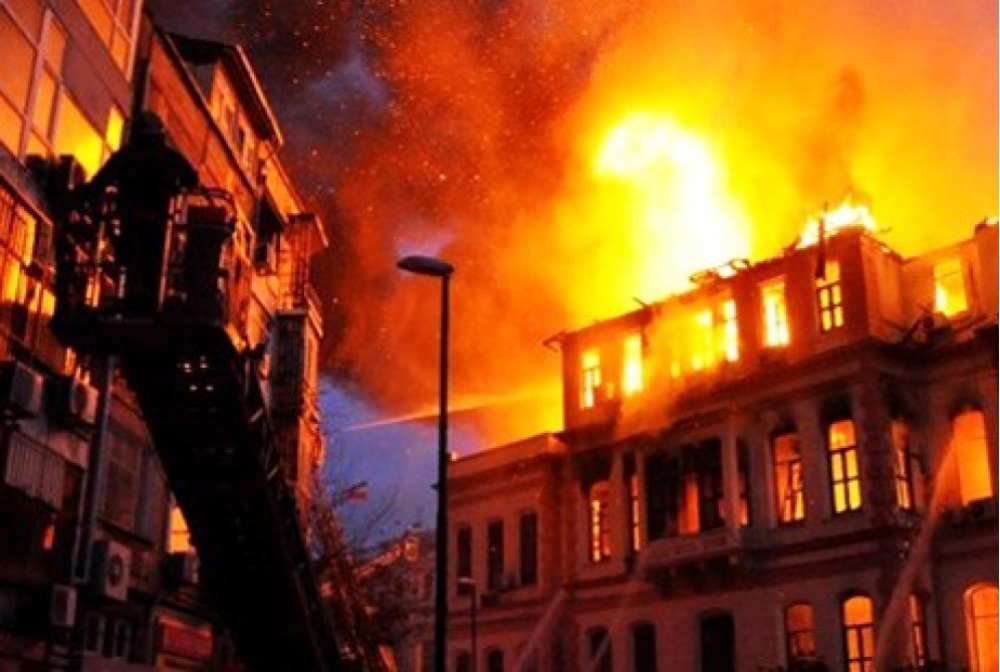
Due to heavy fire in a coffee house in Kiyan Market in Ahvaz, 10 people lost their lives, and 14 were injured. Firefighters were able to save only 6 people from this widespread fire.
ISNA
♦ Vaezi: More than 3 million people unemployed
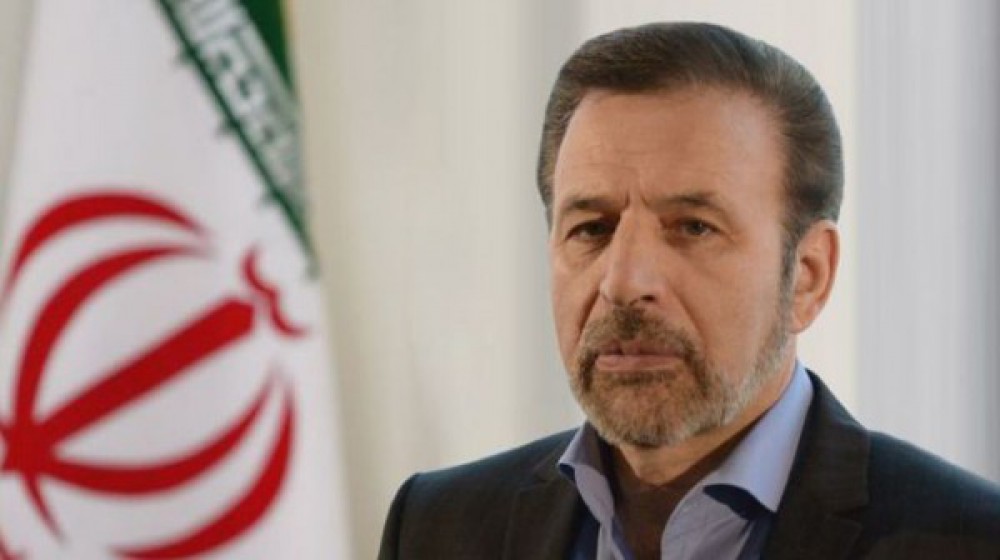
Hassan Rouhani’s Chief of Staff, Mahmoud Vaezi, said currently there are more than 3 million people unemployed in Iran, adding that each year one million new applicants enter the work market. Vaezi added that supporting and consuming Iranian products will create jobs, develop export, and result in the growth of GDP, which is why all Iranian consumers, officials, and producers must try to realize this year’s slogan – supporting Iranian products.
The Iranian leader, Ali Khamenei, has called for “supporting Iranian products” in his annual message for Iranian new year.
Tasnim
♦ Lawmaker: Exchanging prisoners must be within the law
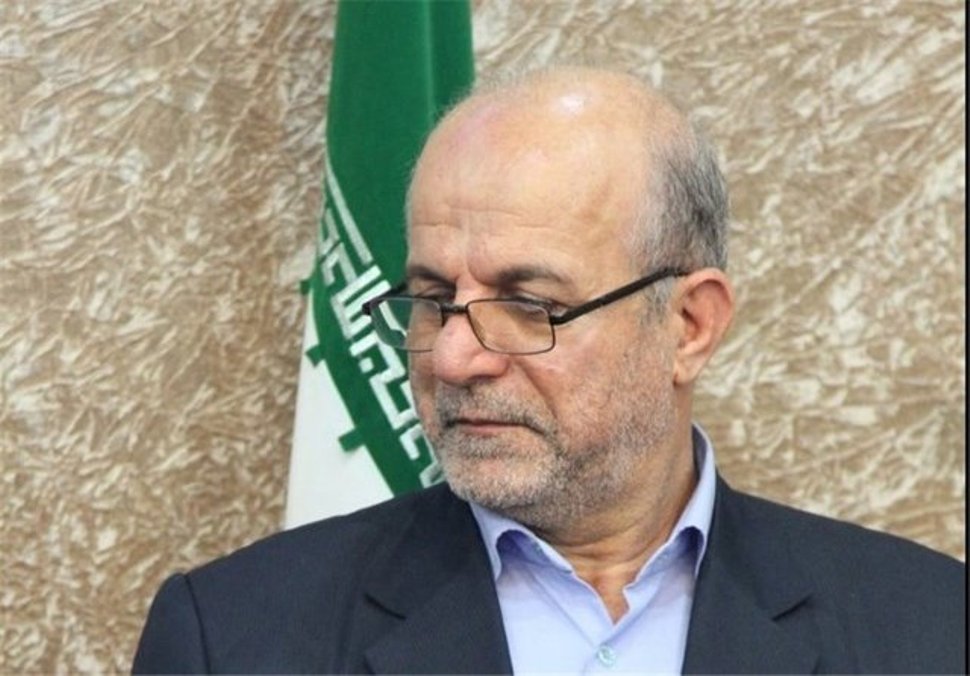
Member of National Security Commission in the Parliament, Valiollah Nanvakenari, emphasized on exchanging domestic and foreign prisoners within the framework of law, saying strong diplomatic relations are requirements for signing contracts to extradite convicts. Nanvakenari urged that foreign prisoners who are imprisoned in Iran on a charge of espionage cannot be exchanged as these prisoners will not be considered as criminals in their own countries.
Parliament news agency
♦ Hamid Baghaee denies breaking the hunger strike
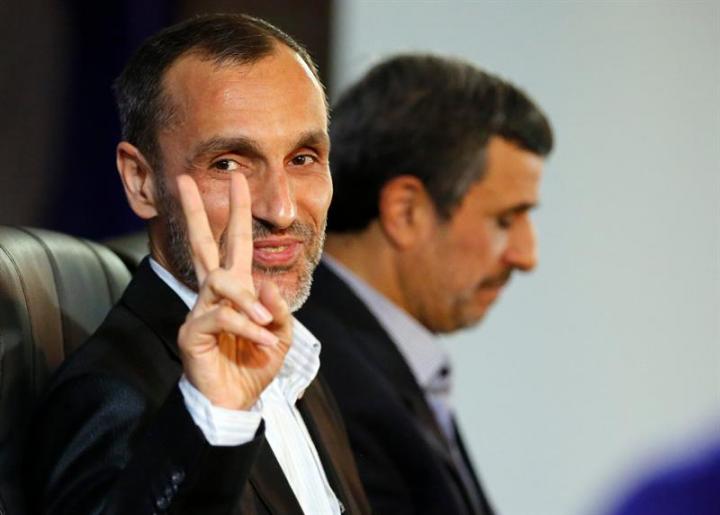
Hamid Baghaee, executive deputy of former president Mahmoud Ahmadinejad, who is imprisoned in Evin Prison has denied breaking his hunger strike. Dolat-e Bahar website, close to Ahmadinejad, has quoted Baghaee saying “pressure of hunger strike has had severe impacts on my body, but I am in very good mental conditions.”
Baghaee has been sentenced to 15 years of imprisonment on charges of financial corruption, including embezzling 3.5 million euros which allegedly Ghassem Soleimani, commander of IRGC Quds Force, had given him to distribute among leaders of African countries.
BBC Persian
♦ Signing international agreements to confront sea pollution
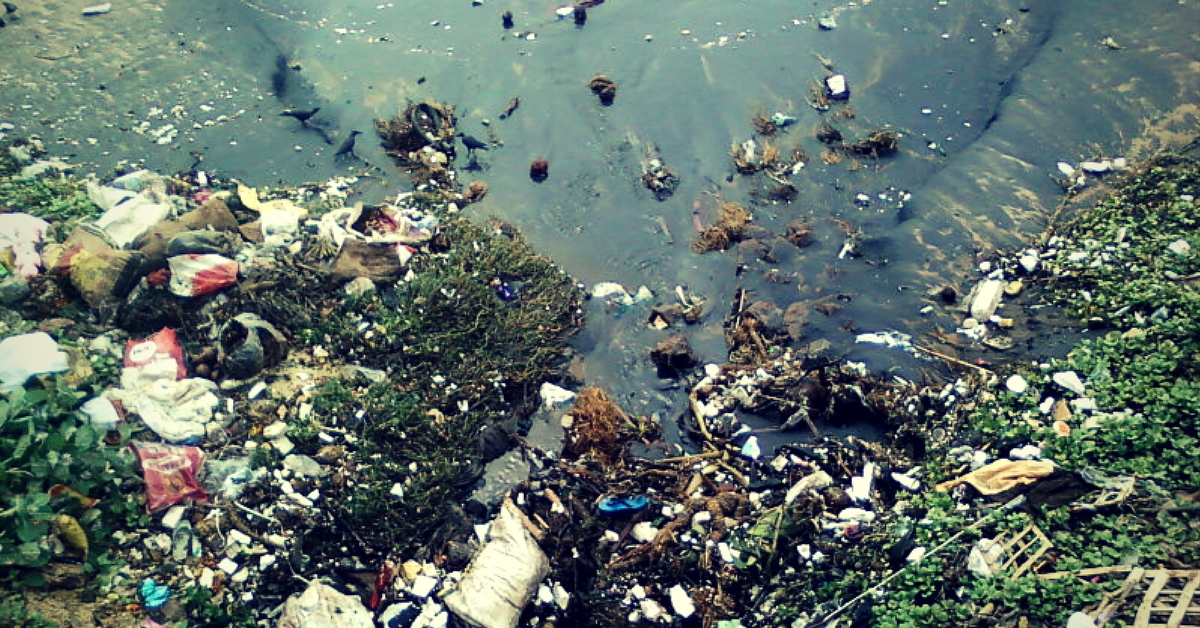
Director general of Marine Safety in Ports and Maritime Organization announced signing international agreements to confront sea pollution in 2018. Alireza Khohasteh pointed out to new priorities of this organization, saying that in 2018, the general approach is to go beyond traditional methods and use modern, mechanized approaches including transmitting search and rescue operations online, installing night vision cameras and intelligent monitors to prevent loss of sailors, monitoring search and rescue operation directly, and using two large search and rescue vessels.
Mehr news
♦ 50% increase in Iran’s import from Iraq
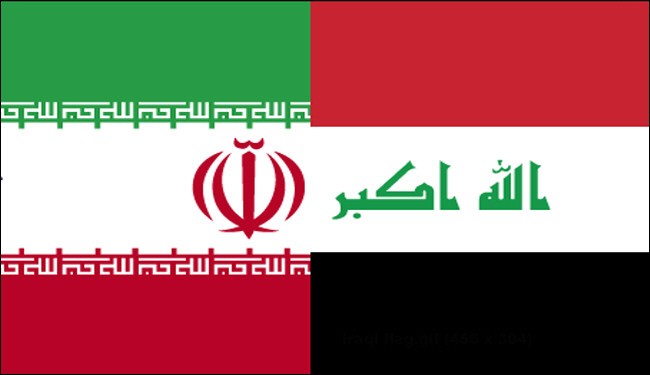
Iran’s import from Iraq had 50% growth last year, but according to the head of Iraq desk in Trade Promotion Organization, some goods that have more priority are not imported. Mohammad Ebrahimzadeh said in the first 11 months of last year, about $75m of goods were imported from Iraq to Iran, which had 50% increase compared to last year.
In past years, Iraq has been considered the second market for Iran’s export. Despite the high volume of export to this neighboring country, import from Iraq was not considerable. But in recent years, it seems that Iraq has taken steps in direction of self-sufficiency, imposing more tariffs on goods like dairies to support its own domestic industry.
ISNA
♦ Iran to participate in Qatar Self-Sufficiency Exhibition 2018
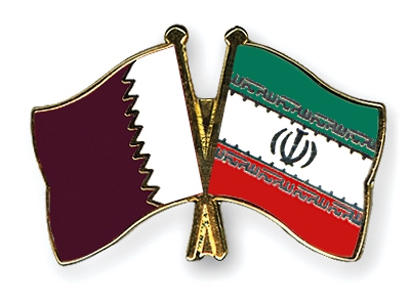
Qatar Self-Sufficiency Exhibition 2018 is the first of its kind to be held in Qatar, and different companies will inaugurate their innovative products in order to have an effective role in creating stability in Qatar. According to organizers of the exhibition, 120 companies from Qatar and countries such as Iran, France, Germany, Austria, Netherlands, Brazil, Kuwait, Canada, Greece, China, and Turkey will take part in it.
Head of Qatar Businessmen Association said this exhibition is a good opportunity for Qatar’s companies to access world markets.
ISNA
♦ Lawmaker: Fighting corruption must start from “leader’s office”

MP Gholamali Jafarzadeh Imenabadi suggested the fight against corruption should start from the office of Iran’s leader, Ali Khamenei. Imenabadi said that corruption has become very widespread in the country’s structure, “and I have no hope for this legislation [plan to restore officials’ illegitimate assets] to be able to stop this much corruption.” He continued, “it is good to start fighting corruption from the leader’s office; if so, the minimum achievement is to create trust in the society.”
Recently some Iranian lawmakers proposed a bill called “restoration of officials’ illegitimate assets”, which aims to identify and restore them to the treasury. Ali Khamenei’s office and some of its officials, who support some macro-economic corruptors, are considered a significant factor in spreading corruption in the country.
Iran Wire
♦ Ahmadinejad calls for recognizing people’s rights, freedoms, justice
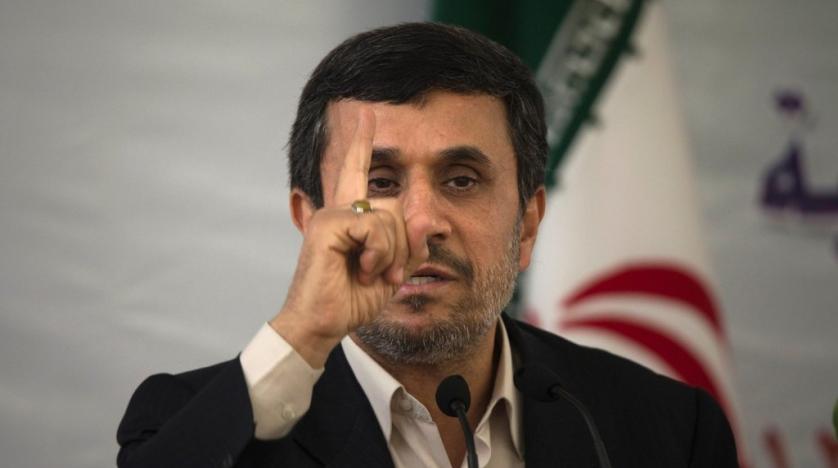
On the occasion of the anniversary of Ali Ibn Abi Taleb’ birth, former president Mahmoud Ahmadinejad published a message, calling for recognizing people’s basic rights, freedom, and restoring justice to the country’s management as the “only path to save” the country.
In a part of the message, Ahmadinejad questions achievements of Iran, asking, “in the 40th year [of the revolution] which was going to bring his [Imam Ali’s] manner into Iran, where are we standing?”
He then continues, “is it becoming that many people are in custody just because of protesting against and criticizing the manner of governing the country, improper behaviors of some officials or seeking justice and freedom?”
Ahmadinejad’s former executive deputy, Hamid Baghaee, is sentenced to 15 years of imprisonment on the charge of embezzlement. Baghaee has launched a hunger strike in protest against this sentence.
Dolat Bahar
♦ Lawmaker: Banning women from entering stadiums against Charter of Citizens’ Rights
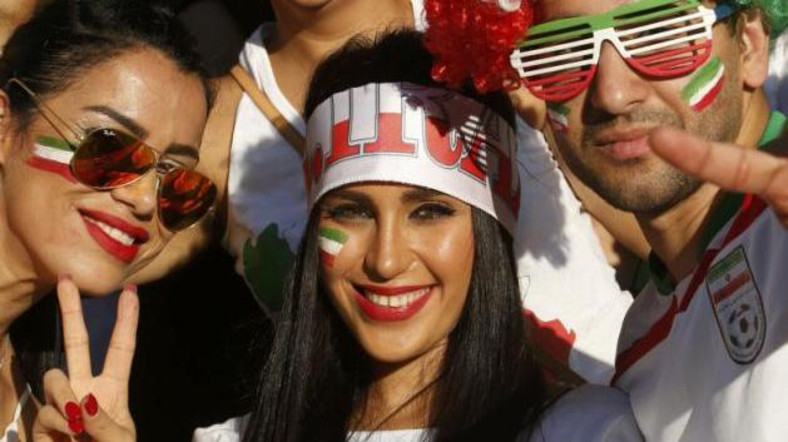
Head of Citizens’ Rights Fraction in the Parliament, Abdulkarim Hosseinzadeh, says banning women from entering stadiums is against Charter of Citizens’ Rights. Hosseinzadeh criticized the urban spaces for being “masculine,” calling women’s presence in stadiums as their “natural rights.” According to this lawmaker, it is not acceptable to deprive women from going to the stadiums due to improper behaviors of men. Officials of Hassan Rouhani’s government have announced many attempts for making women’s presence in stadiums possible, but the ban is still in place.
Radio Farda
♦ The decrease in Asia importing oil from Iran

Importing Iranian crude oil by Asian big buyers had 20% decrease in February compared to the same period last year, reaching its lowest in the past two months. According to Reuters, governmental statistics and tracking ships showed that China, India, Japan, and South Korea imported 1.63 million barrels of oil from Iran, which is the lowest level of import since December.
ISNA
♦ Iran-Russia talk to facilitate visa, new consulates
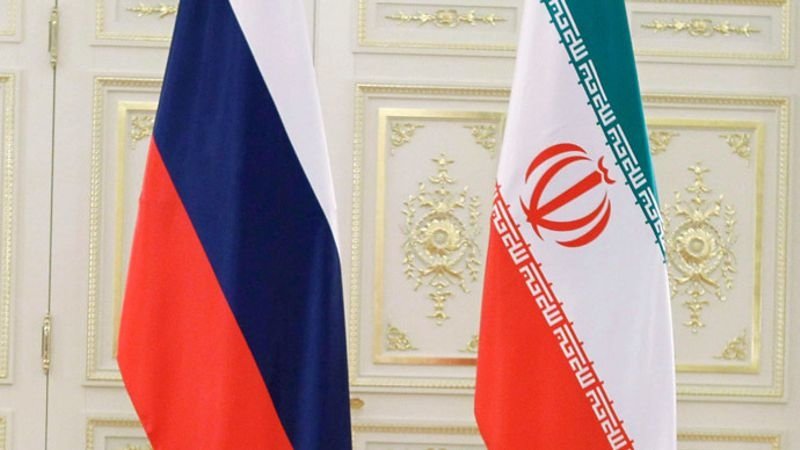
Iranian ambassador to Russia Mehdi Sanaee and consulate deputy of Russian foreign minister, Yugni Ivanov, held a meeting, emphasizing the development of consulate cooperations in accordance with increasing and accelerating the process of bilateral relations. They also talked about facilitating the issuance of a visa for citizens of both countries.
Tasnim
♦ Protesters arrested in cities of Ahwaz Province
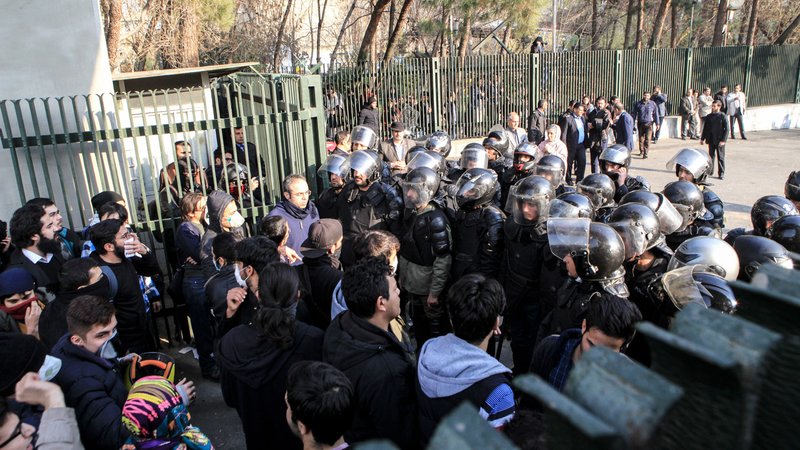
Unofficial sources in Ahwaz Province announced a number of protesters were arrested in cities of Ahwazi , Mahshahr, and Kut-e Abdullah. Iranian Arab activists have published names and images of detainees during Friday and Saturday.
Recent Arab protests in Ahwaz were due to a famous children program broadcast on Iranian state-run TV (IRIB), in which Iranian Arabs were offended. On the first day of the protests, many Ahwazi protesters gathered in front of IRIB office in this province, asking for an apology in this regard. So far, IRIB has not made any explanations or apologies in this regard.
Following these protests, the producer of the program published a video on social networks, apologizing to Arab people in Ahwazi.
Iran International
♦ Hamid Baghaee took back to prison
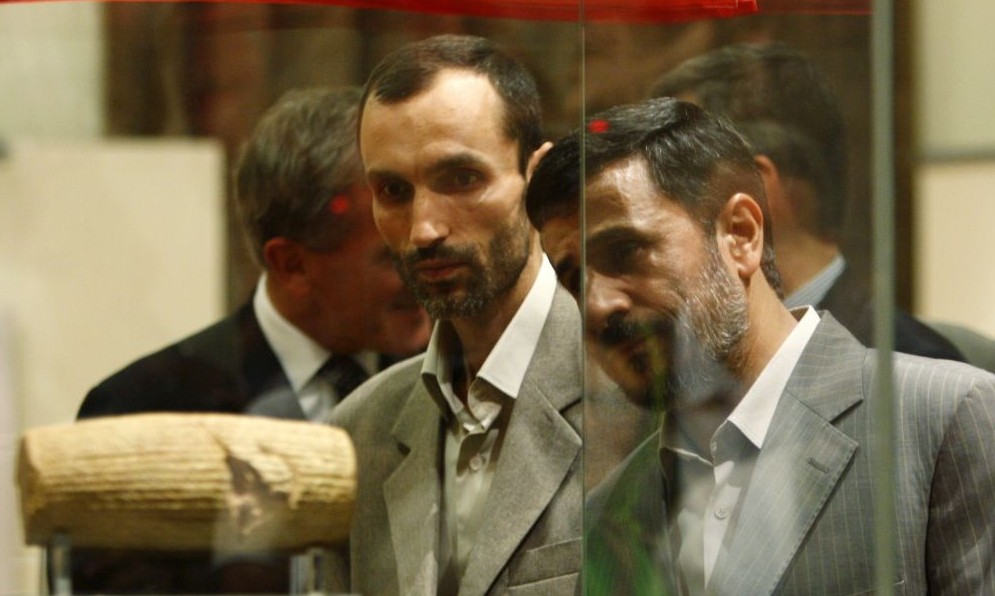
Baghaee, executive deputy of former president Mahmoud Ahmadinejad, who was transferred to the hospital was taken back to Evin Prison. According to Bahar website, close to Ahmadinejad, Baghaee was under treatment when he was returned to Evin Prison per the prosecutor’s order. Hamid Baghaee had been taken to the hospital due to deterioration of physical condition as result of hunger strike in prison. Bahar website claimed that Baghaee would go on hunger strike again as soon as he was taken back to the prison.
Mahmoud Ahmadinejad issued a message regarding Baghaee’s conditions, urging that his former executive deputy has launched a hunger strike to voice his protest.
Hamid Baghaee is sentenced to 15 years of imprisonment on the charge of embezzlement and squandering government’s money and assets.
Fararu
♦ Salehi: Building an advanced nuclear hospital in Alborz Province
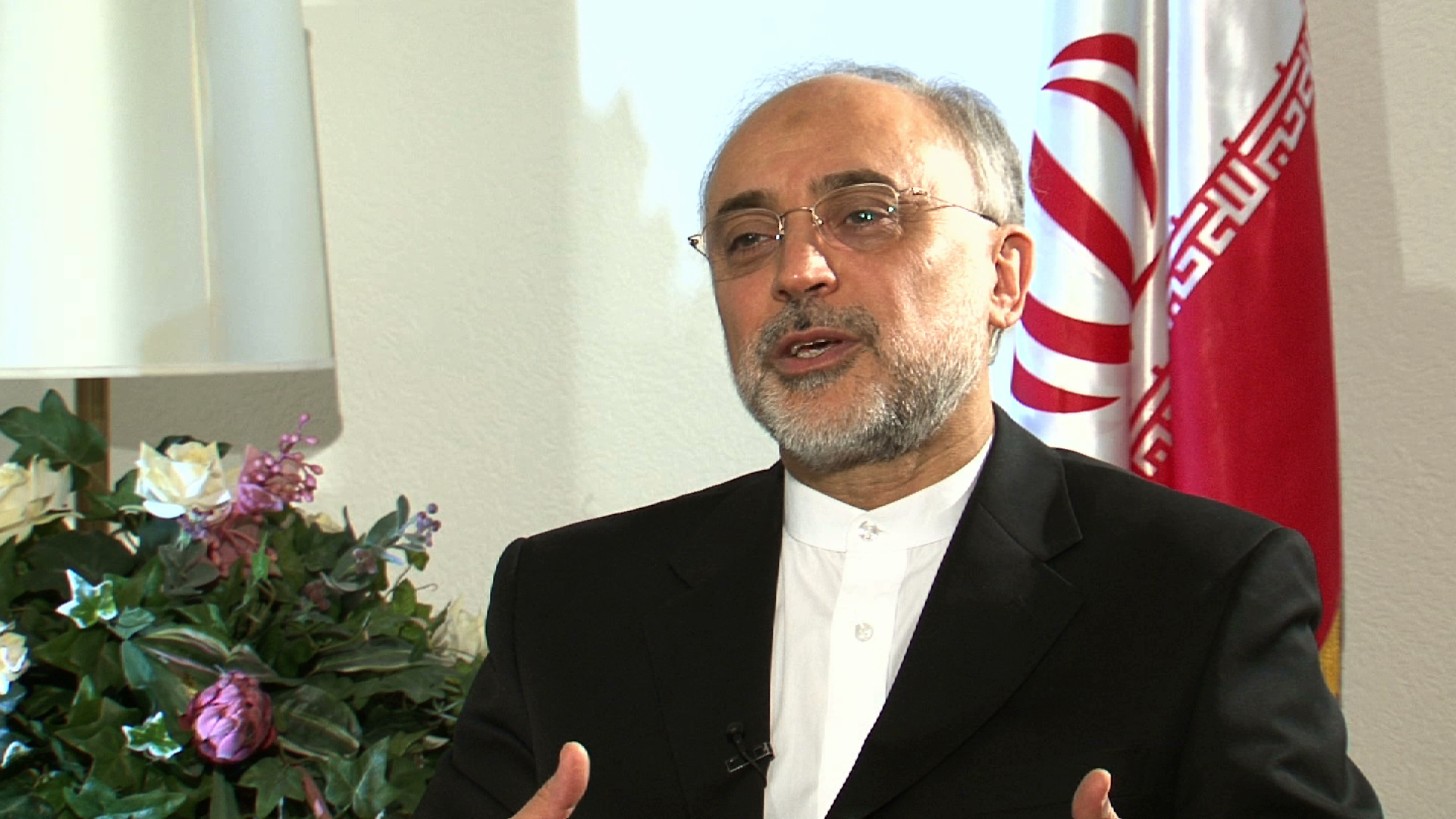
Head of Iran Atomic Energy Organization Ali Akbar Salehi announced building a very advanced, specialized nuclear hospital in Alborz Province. He added this hospital will be built for dealing with hard to treat diseases particularly cancer. According to Salehi, letters of credit (LC) for this unique project in western Asia have been reopened, and the project will start this year.
Pointing out to National Day for Nuclear Technology on April 9, Salehi said that Iran’s achievements will be displayed to Iranian people on this day.
Borna
♦ Signing agreement with Hungary to exchange students, professors
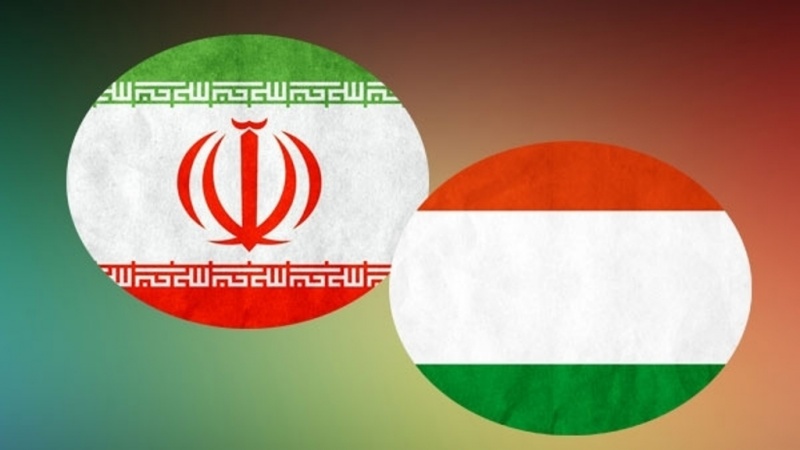
Head of Tehran University of Medical Sciences, Dr. Abbasali Karimi, announced signing an agreement with a university in Hungary for exchanging students and professors. Pointing to programs of this university for attracting more foreign students, Karimi urged that one of the best ways for developing scientific relations with other countries is exchanging professors and students.
He added that currently, students from 45 countries are studying at Tehran University of Medical Sciences, saying that these students are “our cultural envoys” to their countries.
ISNA
♦ Telegram to be filtered in Iran soon
Head of National Commission in the Parliament, Alaeddin Boroujerdi, announced the time for filtering Telegram messenger, adding that Telegram will be replaced with a similar national messenger. Boroujerdi urged that “this issue is very important for us, given the destructive role Telegram played in recent unrests in the country and with regard to the fact that we have reached the capacity in the cyberspace to have a national messenger.” Boroujerdi asserted that replacing Telegram with a national messenger will probably happen by April 20.
A telegram has more than 40 million users in Iran. The talk of filtering Telegram started after recent widespread protests in Iran.
ISNA
